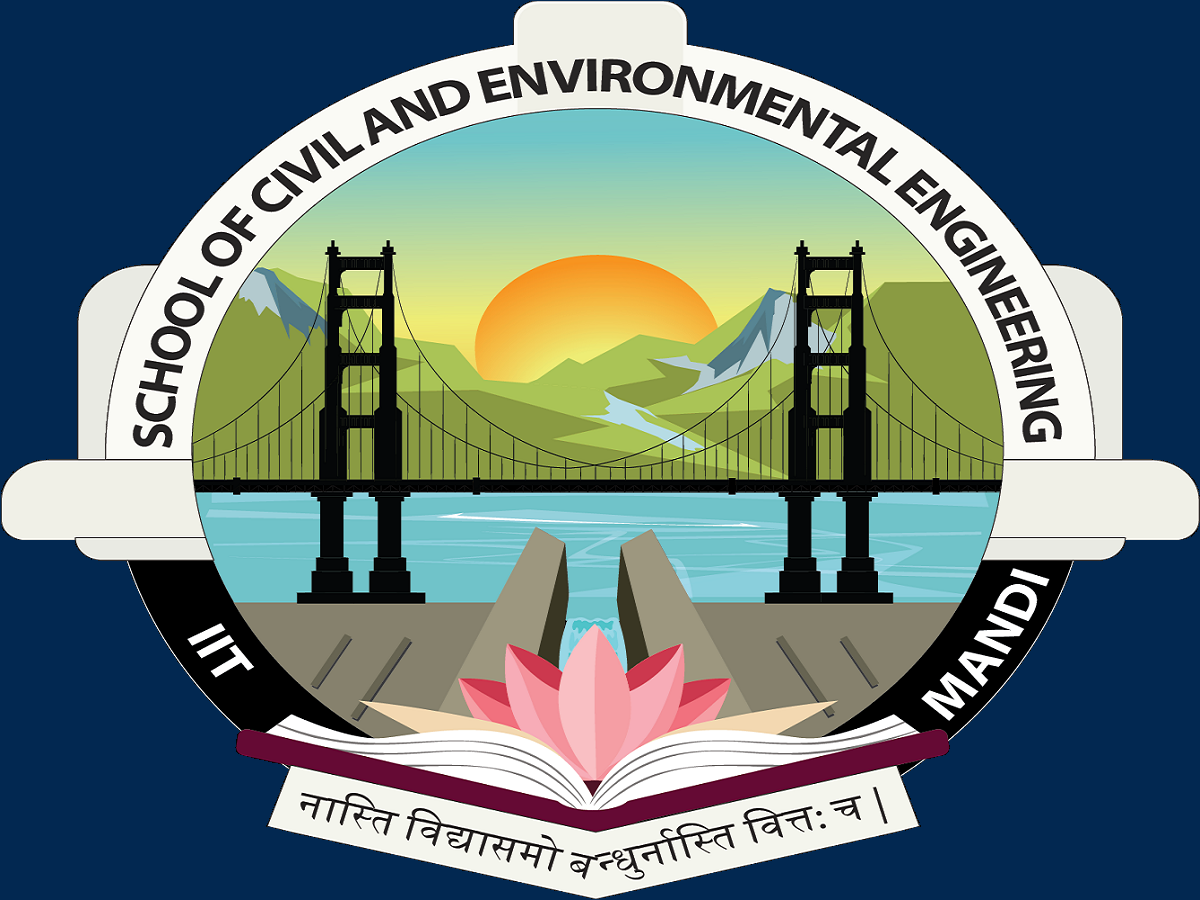Use of Reclaimed Asphalt Pavement Aggregates in Pervious Concrete: A Pilot Field Study
Transportation Research Record
Sanjay Singh Thakur., G. D. Ransinchung R. N., & Surya Kant Sahdeo.
2024-01-01
Pervious concrete (PC) is emerging as a novel pavement material for its unique characteristics of reducing storm-water runoff and mitigating urban heat islands. This makes it well suited for low-volume pavement applications. It is also expected that reclaimed asphalt pavement (RAP) aggregates as a replacement for natural aggregates will improve the porosity and permeability of PC pavement mixtures. As a result, this study checks the feasibility of using RAP-based PC mixes in a parking space. The construction process will offer a guide to the field engineer on how to push this technology further when recycled materials are used. The PC parking space, with a capacity of 5 tonnes laden weight, was developed by replacing natural aggregate with 25% RAP aggregate (30% of 10 mm and 70% of 4.75 mm). Field mixtures were found to have higher porosity and lower density when compared with laboratory-prepared mixes. The field infiltration capacity was observed to be in the range of 0.50–1.75 cm/s while maintaining a flexural capacity of 2.36 MPa to 3.17 MPa (342.28 pounds per square inch (psi) to 460 psi). This suggests that using binary-graded RAP aggregates helps create an interconnected pore network, enhancing PC mixtures’ transport capabilities. The present study illustrates the step-by-step construction process of PC pavements for field applications. Based on the findings, it is recommended that 50% could be the maximum feasible limit for the usage of RAP aggregates in PC field mixes.

